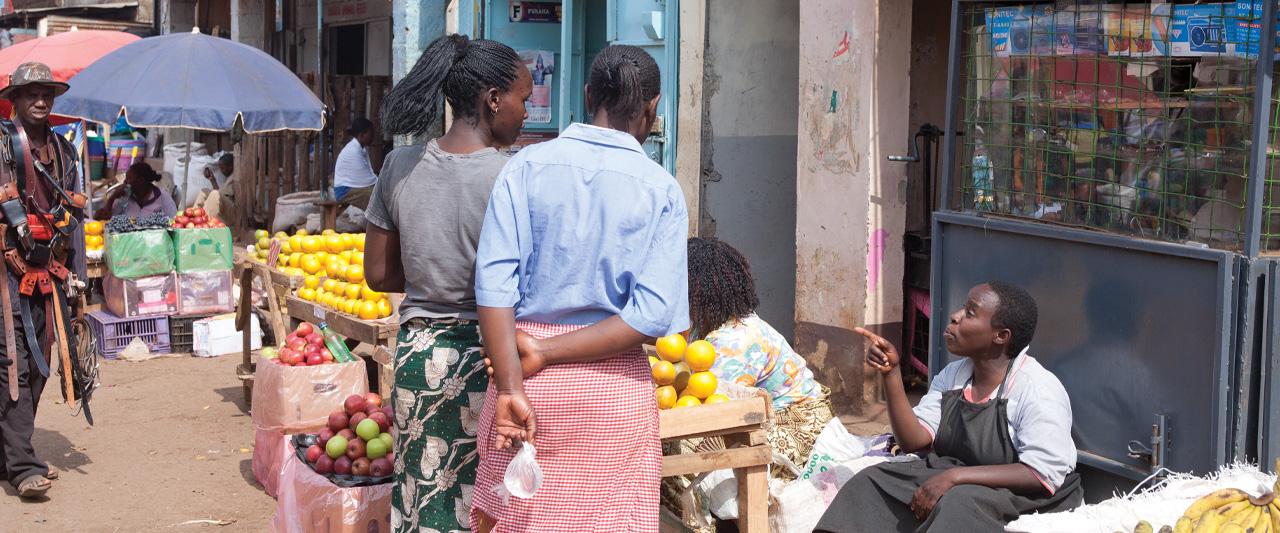The global ripple effect of the U.S. Supreme Court’s decision striking down the constitutional right to abortion in the United States is being felt in Kenya.
On July 5, just 10 days after the U.S. court’s reversal of the landmark Roe v. Wade decision, the Kenyan government launched a 10-year national plan for reproductive health care that fails to address issues such as the need to expand access to safe, legal abortion. It was met with immediate and intense criticism from Kenyan sexual and reproductive health and rights advocates, who say their voices and input into the plan were ignored.
“The constitution of Kenya allows for abortion under certain circumstances, but in the wake of the Roe decision in the U.S., abortion opponents in Kenya will push even harder to restrict abortion,” says Suzanne Majani, policy and advocacy manager for Ipas Africa Alliance. “The impact of the Roe decision seems to be playing out already in the plan announced by the government. As has been witnessed for decades with the global gag rule, U.S. policies carry tremendous weight in Kenya and other countries around the world.”
Following the launch of the new plan, Kenyan sexual and reproductive health and rights advocates responded with quick and intense criticism. Moses Obimbo, secretary general of the Kenya Obstetrical Gynaecological Society, for instance, said in a media interview that the plan “fails to adequately address critical issues such as teenage pregnancy, assisted reproduction and the high maternal mortality rates from unsafe abortion.” On Twitter, advocates began imploring the government to “stop taking us backward.”
Reproductive rights advocates also note that the new plan goes against the recent decision by Kenya’s High Court of Malindi strongly affirming that abortion care is a fundamental right under the Constitution of Kenya.
Despite the regressive nature of the government’s plan, Majani says the Ipas Africa Alliance, along with partners and other advocates, will keep fighting to expand access to contraception and safe abortion. “This is not just about abortion rights. It is also about the broader issue of human rights. We will keep pushing forward to sustain the gains we have made in the past decades, and to keep progressing.”
Indeed, even as Kenya is failing to act on expanding abortion rights, Sierra Leone is moving toward liberalizing abortion. President Julius Maada Bio announced on July 6 that he supports a bill now before parliament to decriminalize abortion—and he pointedly called out that while the U.S. is reversing abortion rights, his country is proudly moving forward.


